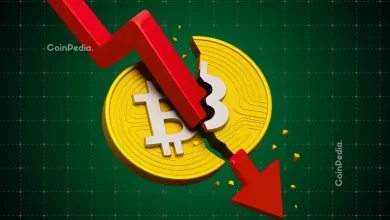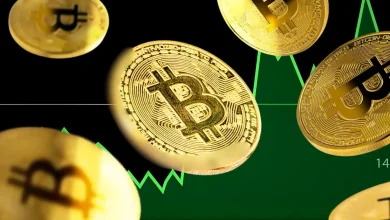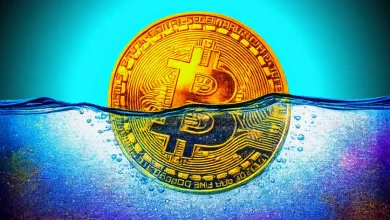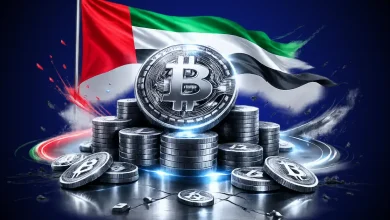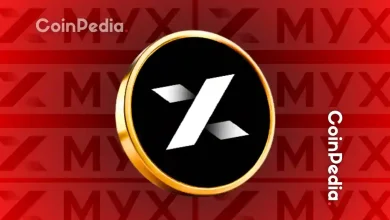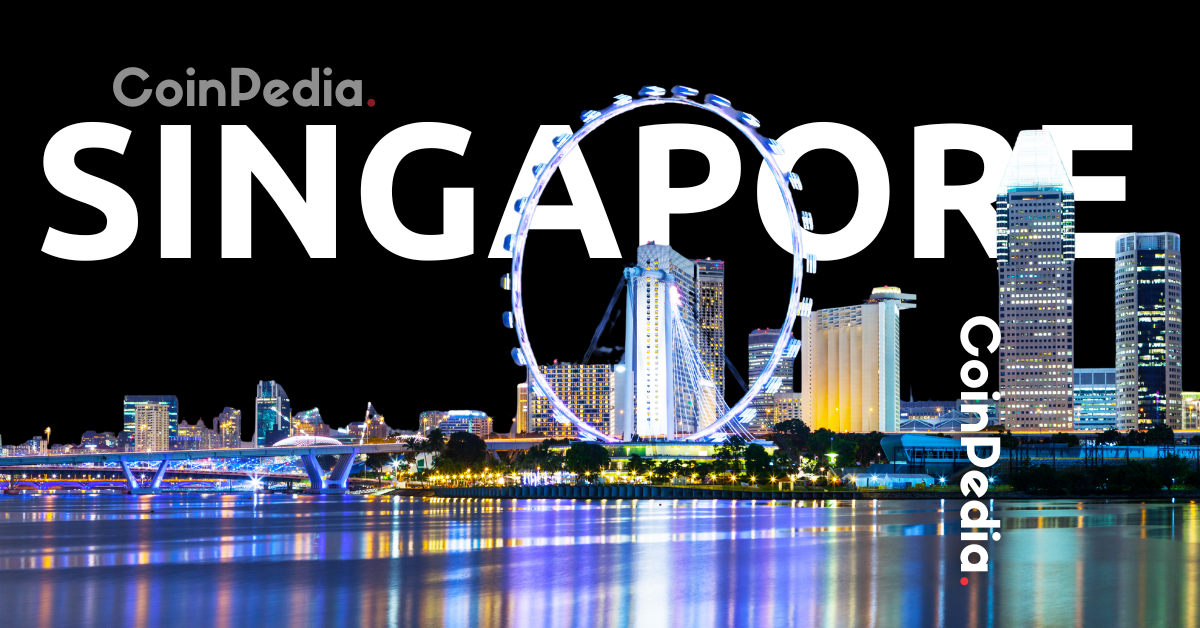
Singapore accelerates Project Guardian, shifting from pilots to large-scale tokenization of real-world assets
Major global institutions join efforts to standardize tokenized debt, FX, and cross-border payments
Tokenized finance in Singapore sees rapid growth with retail funds, stablecoins, and improved interoperability
Singapore is emerging as a leading hub for digital finance innovation.
The city-state is quickly becoming a global hotspot for tokenized assets, when blockchain tech is making investing faster, more accessible, and more transparent than before.
Moving Towards Real-World Implementation
Since 2022, initiatives like Project Guardian have helped financial institutions explore tokenized assets and decentralized finance (DeFi) in a safe and regulated way.
Fast forward to today, the focus is moving from pilot projects to real-world implementation. Public blockchains are now enabling institutions to integrate tokenized finance into their operations. This shift is supported by infrastructure programs such as Global Layer One (GL1).
The momentum is growing.
In 2024, HSBC and Euroclear joined the GL1 initiative, which already included early participants like JPMorgan and Citi. This shows just how serious Singapore is about leading blockchain innovation and real-world asset tokenization..
Expanding Project Guardian in 2025
In 2025, the efforts are moving even further.
The International Capital Market Association (ICMA) is now leading Project Guardian to tokenize debt markets.
Recently, on August 5, Singapore’s Investment Management Association of Singapore (IMAS) and the UK’s Investment Association (IA)joined Project Guardian to explore blockchain and asset tokenization.
Tokenization Is Boosting Investment
However, institutions still face regulatory challenges. Permissioned DeFi is helping by combining blockchain tools with compliance features like on-chain identity. With the right setup, decentralized tech is becoming practical. By 2033, tokenized assets could be a $19 trillion market.
Tokenised real-world assets and Treasury Bills make Singapore more attractive for investors by improving liquidity, access, and returns. Franklin Templeton recently launched the first tokenized fund for all Singapore investors, approved by MAS, with just $20 minimum. This lets investors trade faster and manage funds more easily.
Singapore’s Payment Ecosystem Goes Tokenized
Singapore, one of Asia’s largest FX markets, is also improving cross-border payments with regulated stablecoins. In 2023, MAS approved stablecoins from Paxos and StraitsX, making transactions faster, cheaper, and more transparent.
Tokenized bank liabilities on public blockchains, such as the XRP Ledger (XRPL), are helping institutions maintain compliance, protect identities, and prevent fraud.
Growing blockchain interoperability is making it easier to move assets across different networks, reducing fragmentation and enabling smoother cross-platform transactions.
Ripple’s CTO, David Schwartz, also recently shared why the XRPL has stood out for over 13 years. Schwartz noted that XRPL’s proven design is now influencing newer blockchains and remains ready to bring more programmability, compliance, and liquidity to digital finance.
With supportive rules and institutional readiness, Singapore is set to lead in tokenization, making finance faster, easier, and more open.
Trust with CoinPedia:
CoinPedia has been delivering accurate and timely cryptocurrency and blockchain updates since 2017. All content is created by our expert panel of analysts and journalists, following strict Editorial Guidelines based on E-E-A-T (Experience, Expertise, Authoritativeness, Trustworthiness). Every article is fact-checked against reputable sources to ensure accuracy, transparency, and reliability. Our review policy guarantees unbiased evaluations when recommending exchanges, platforms, or tools. We strive to provide timely updates about everything crypto & blockchain, right from startups to industry majors.
Investment Disclaimer:
All opinions and insights shared represent the author's own views on current market conditions. Please do your own research before making investment decisions. Neither the writer nor the publication assumes responsibility for your financial choices.
Sponsored and Advertisements:
Sponsored content and affiliate links may appear on our site. Advertisements are marked clearly, and our editorial content remains entirely independent from our ad partners.

